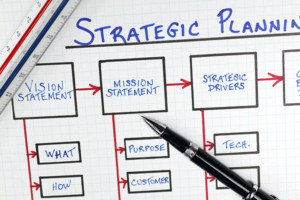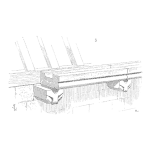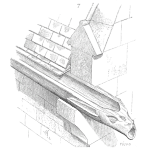
These are challenging economic times and opportunities abound with many of our customers to add new business value. They are turning to us and asking: “You’ve brought great value to our Reliability Centered Maintenance (RCM-R) program through knowledge capture, personnel education, laying the foundation for a ‘living’ maintenance program and so on. However, what additional value can you provide us beyond what you have already done?” One answer: “Focus on writing high-value, asset maintenance tasks. i.e. Tactical PM Program Implementations”. [Read more…]






 Storerooms are a critical part of any maintenance and reliability program, but they are often overlooked. When a storeroom is operating at best in class levels, the right parts are available at the right time. The storeroom is only able to achieve this when it its into the maintenance department.
Storerooms are a critical part of any maintenance and reliability program, but they are often overlooked. When a storeroom is operating at best in class levels, the right parts are available at the right time. The storeroom is only able to achieve this when it its into the maintenance department.


 Performing a PM Optimization is not always as simple as it sounds. Often a Maintenance Planner will assemble a team of technicians to ask what is value-added and what is missing from a PM Routine. While these may be good questions to ask before diving into an analysis, or after an analysis, it does not base the answers on data. Basing the PM Routine on data, not intuition is critical to the long-term success of any organization.
Performing a PM Optimization is not always as simple as it sounds. Often a Maintenance Planner will assemble a team of technicians to ask what is value-added and what is missing from a PM Routine. While these may be good questions to ask before diving into an analysis, or after an analysis, it does not base the answers on data. Basing the PM Routine on data, not intuition is critical to the long-term success of any organization.
